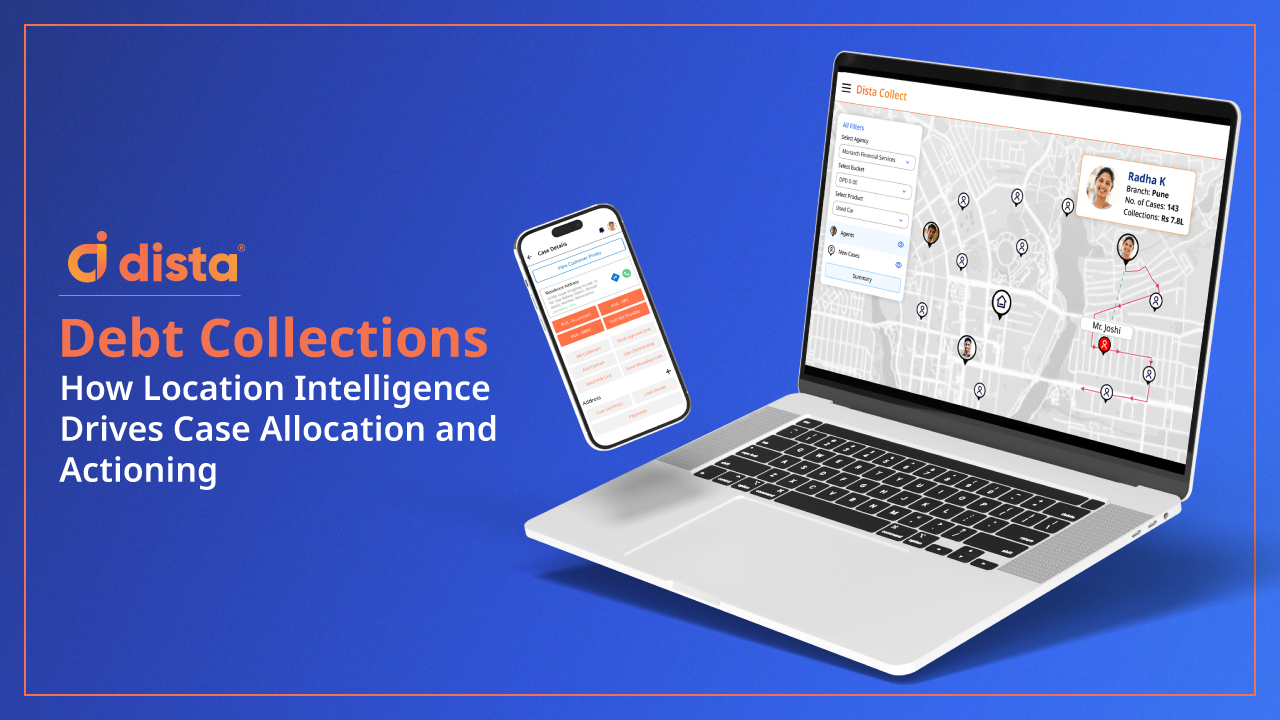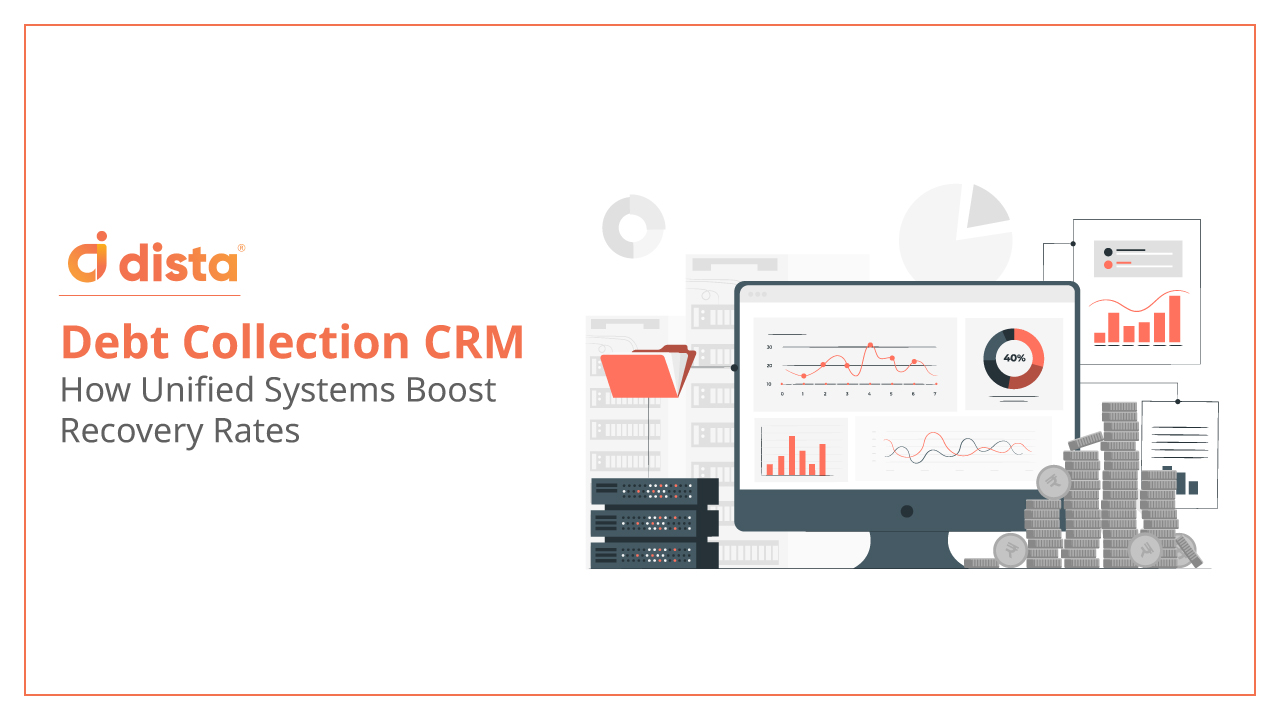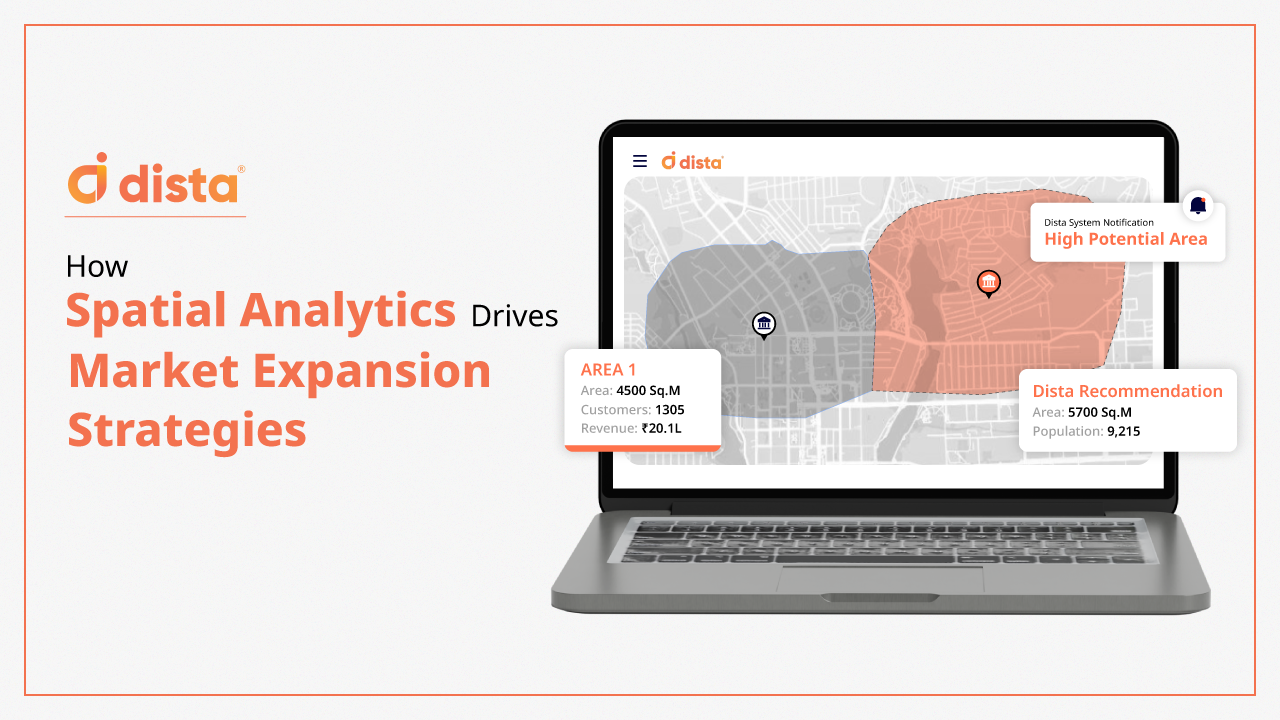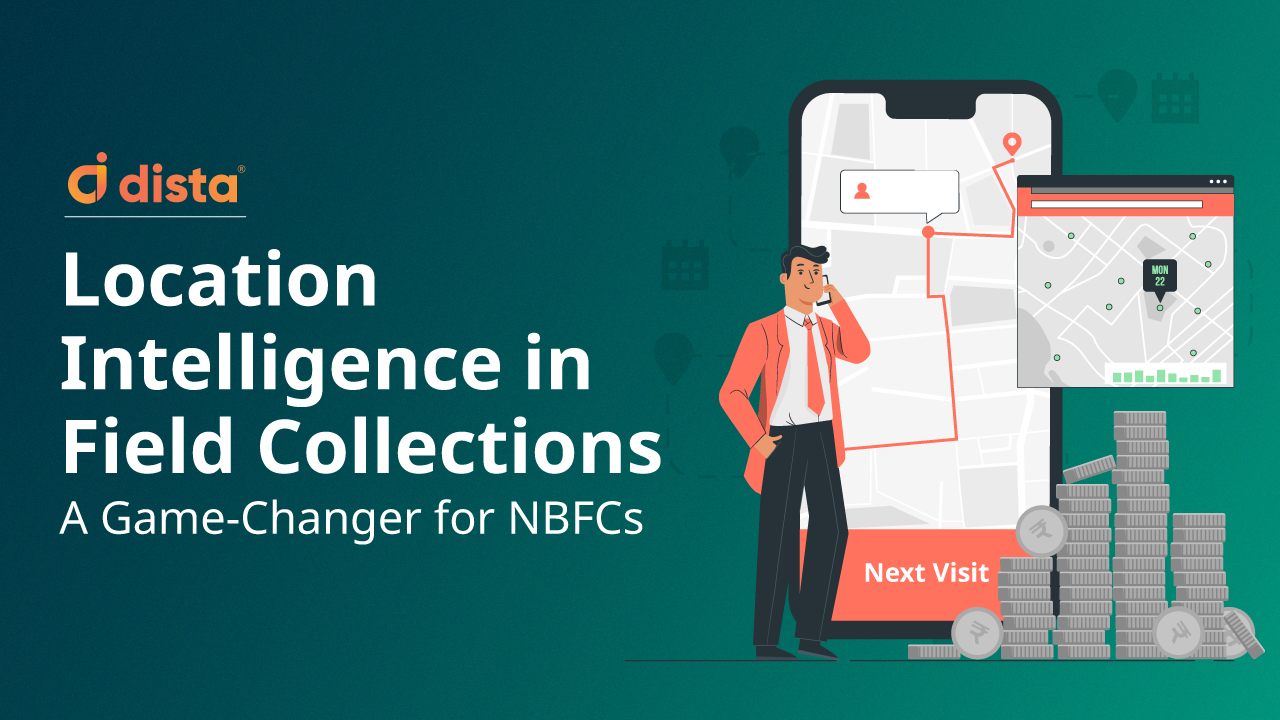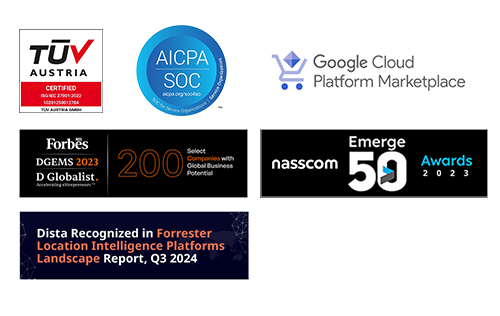By 2023, 97% of shipping and logistics companies had a digital transformation strategy in place or were actively contemplating one.The larger the scale of operations, the more complex fleet management becomes for enterprises. Hence, they are embracing the concept of integrated fleet management by adopting AI/ML-powered software that leverages location intelligence to address a wide range of supply chain and logistical challenges.
The increasing use of telematics, demand for data-driven insights, and real-time fleet tracking are key market trends reshaping the dynamic landscape of fleet management. However, integrating complex technologies into fleet management operations can be challenging.
Here’s everything you need to know about fleet management and how enterprises can explore cost saving opportunities, expand operations, and boost fleet utilization.
Also Read: 9 Fleet Management Trends for 2024
What is Fleet Management?
Fleet management enables enterprises to organize and coordinate business vehicles. Fleet owners and managers leverage fleet management software to improve operational efficiency, reduce risks and costs, and ensure compliances.
What is a Fleet Management Software?
Fleet managers can manage fleet information from acquisition to disposal with fleet management software. The software includes various capabilities that allow companies to track, manage, and streamline fleet operations. It also helps in monitoring fleet performance along with vehicle and driver safety.
The software presents all the fleet-related information in one place, allowing easier access to critical information. It helps organizations track expenses, field executives, drivers, compliance tasks, and fuel consumption.
Benefits of Fleet Management
1) Better Fleet Efficiency
Enterprises can focus on maximizing fleet productivity with dynamic scheduling and route optimization. Fleet management software that offers insights into vehicle conditions, engine health, and other necessary systems. It also monitors vehicles to ensure security and keep a tab on all activities. Fleet owners and managers can measure and assess productivity and take measures to optimize fleet and driver performance.
2. Vehicle Lifecycle Management
Fleet management uncovers cost-saving opportunities by tracking vehicle utilization. Enterprises can manage vehicles under or over-utilization by scheduling and routing deliveries based on the type of vehicle, vehicle capacity, trip frequency, and location of warehouses or distribution centers. Analyzing these factors enables leaders to boost the vehicle fill rate (VFR) and improve cost efficiency.
Learn how this B2B E-Commerce Player Leverages Dista to Orchestrate Customer Onboarding and Delivery
3. Lower Fuel and Maintenance Costs
Managing fuel costs continues to be a top challenge for fleet managers as it accounts for nearly 50-60% of the total fleet management costs. Fleet management software helps calculate individual vehicles idle time and track fuel expenses for all trips. It offers route optimization to suggest the fastest and shortest delivery routes by analyzing road conditions, weather, traffic patterns, etc., to help reduce fuel consumption.
The software tracks fuel-wasting behaviors and generates performance reports to help enterprises make informed decisions. Using timely maintenance reports, managers can optimize fleet efficiency. They can even track vehicle downtime caused by breakdowns, jumpstarts, tows, and emergency repairs. Insights like the total kilometers traveled by the vehicle and engine hours can help create a preventative maintenance schedule.
4. Remote Fleet Management
Fleet management software enables automatic notifications and provides a central console where managers can access all fleet information. Advanced GPS tracking improves visibility into vehicle location and operating status. You get notifications of unplanned deviations, traffic updates, and shipment ETA alerts.
5. Streamline Fleet Compliance
Regulatory compliance can be cumbersome, resulting in a mountain of paperwork that needs to be maintained and updated promptly. Critical evaluation points include driving hours, daily activity logs, fuel tax payments, vehicle inspections, and other regulatory requirements. Fleet management software integrates telematics and electronic logging devices (ELDs) to simplify monitoring and reporting for individual vehicles to plan and maintain compliance.
6. Improve Fleet and Driver Safety
Ensuring the safety of their employees, drivers, and vehicles is always a top priority for fleet managers. The right fleet management software monitors drivers’ performance, reduces risks, and improves real-time communication. Advanced sensors in the vehicle monitor their speed, driving styles, idle time, etc.
Managers can leverage this data and enhance driver performance. With a fleet tracking tool, drivers are more likely to follow their company rules and traffic laws, which results in fewer accidents and traffic violation tickets.
7. Real-time Tracking and Visibility
Advanced fleet management software offers real-time updates on vehicle location, driver operating status, job completion status, and ETAs. Improved visibility into fleet operations empowers managers to enhance vehicle utilization and optimize schedules or routes. Geofencing technologies enable real-time alerts and notifications on vehicle movement as they pass points of interest, boundaries, unauthorized hubs, etc.
8. Improve Customer Experience
Using a fleet management system, companies can improve delivery times and reduce customer wait times. Flexible scheduling and dispatch options, dynamic slot management, and real time order status improves service satisfaction and increases customer loyalty. Fleet managers can help customers to simplify bookings and provide appointment reminders.
Top Industries That Use Fleet Management
Businesses need a fleet of vehicles irrespective of their scale of operations. Here are some of the top industries that leverage fleet management for better operational efficiency.
- Logistics and Shipping
- Courier and delivery services
- Food delivery
- Retail and CPG
- Pharma
- Construction
Final Thoughts
Companies that adopt new fleet technology are better positioned to survive the evolving landscape of growing fleet operations. Fleet management delivers cost savings, improves safety, and supercharges last mile delivery. From optimizing routes to promoting safer driving habits, it boosts productivity while ensuring compliance and improving customer service. Overall, it’s a vital tool for businesses seeking to streamline operations, and improve sustainability.
Dista’s fleet management software helps businesses improve their delivery and fulfillment services. Do you want to upgrade your fleet management solution?
Contact us to get a free demo.


